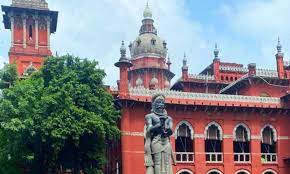
Delhi High Court Grants Compensation and Rehabilitation to Acid Attack Victims
Last Updated on April 7, 2024 by News Desk
Introduction:
In a recent ruling, the Delhi High Court addressed the plight of two acid attack victims, directing the Delhi State Legal Services Authority (DSLSA) to provide them with significant compensation and explore employment opportunities for their rehabilitation. The court’s decision also involved a fresh medical examination of the victims and upheld the acquittal of the accused due to insufficient evidence.
Issue:
The primary issue before the court was the compensation and rehabilitation of the acid attack victims, considering the severity of their injuries and the need for justice in the absence of a clear identification of the assailants.
Rule:
The court, under the Women Victim Compensation Fund, directed DSLSA to grant each victim Rs. 5 lakh in compensation, ensuring their financial support for medical treatment and other expenses. Additionally, the court emphasized the importance of future medical treatments and surgeries as deemed necessary by medical specialists.
Analysis:
While acknowledging the grave injuries suffered by the victims and the lasting impact of the acid attack, the court upheld the acquittal of the accused based on the lack of conclusive evidence and the circumstances surrounding the incident. It highlighted the challenges faced by the victims in identifying the assailants, especially considering the absence of adequate lighting at the time of the attack.
Conclusion:
In conclusion, the Delhi High Court’s decision reflects a balance between providing support and justice to the acid attack victims and adhering to legal standards of evidence. The directive for compensation and rehabilitation underscores the court’s commitment to addressing the needs of victims of such heinous crimes, while also recognizing the limitations of the legal process in cases where evidence is insufficient.
Written by — Athi Venkatesh




